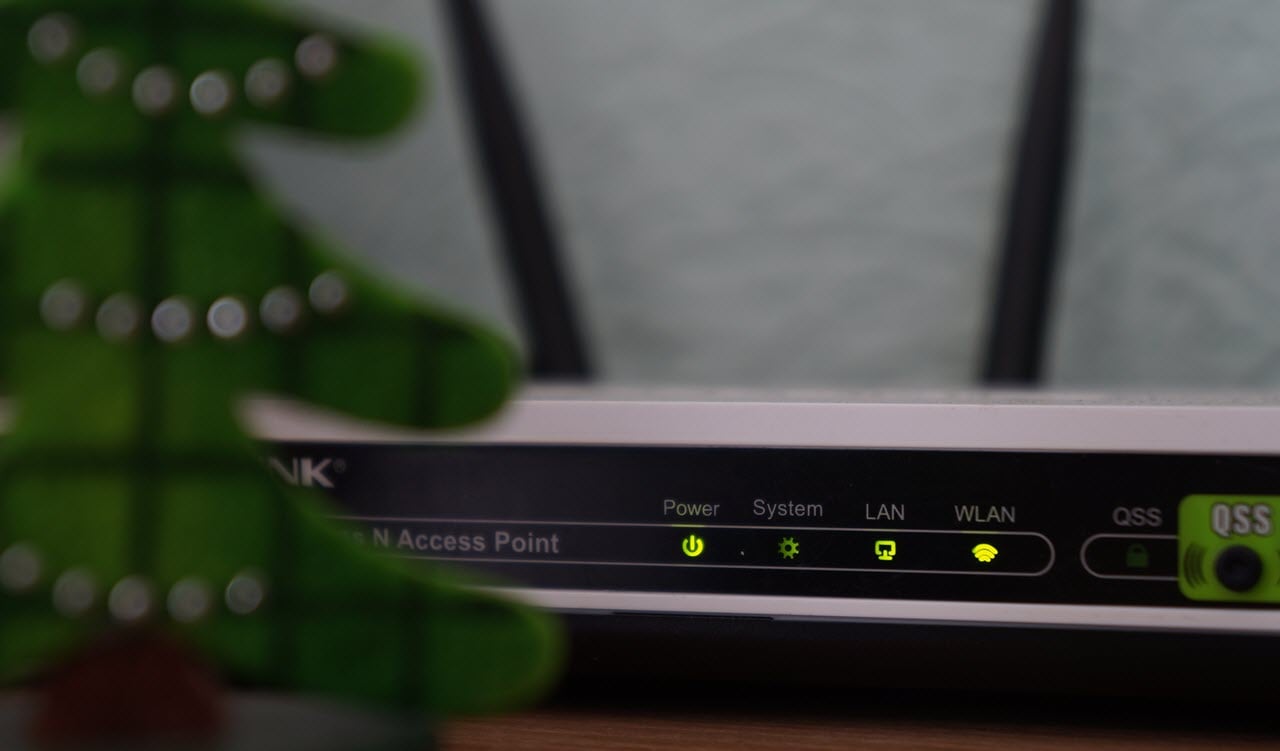Apple has announced an update to its macOS to safeguard users from malicious software. The update, part of the upcoming macOS Sequoia, introduces stricter measures to override Gatekeeper, a critical security feature in the operating system.
Gatekeeper is a vital defence mechanism within macOS, ensuring only verified and trusted applications can run on the system. When users download applications from outside the App Store, Gatekeeper performs several checks: it verifies the software’s developer credentials, ensures the app is notarized, and confirms it hasn’t been tampered with to install malware.
Additionally, user approval is required before the execution of third-party apps. With the forthcoming macOS Sequiois, Apple has introduced more stringent controls on this user approval process.
“In macOS Sequoia, users will no longer be able to Control-click to override Gatekeeper when opening software that isn’t signed correctly or notarised,” Apple announced. “They’ll need to visit System Settings > Privacy and Security to review security information before allowing it to run.”
By prompting users to head to Settings, Apple has added another layer of scrutiny and protection against stealer malware and backdoor attacks.

This adjustment aims to mitigate the risks posed by unsigned and potentially harmful applications that trick users into bypassing Gatekeeper protections. One notable example of such a threat was observed in 2023 when North Korean threat actors distributed an unsigned disk image (DMG) file masqueraded as MiroTalk, a legitimate video call service.
As macOS Sequoia rolls out next month, users can expect a more robust defence against unauthorised software.
Apple has recommended that software developers and distributors submit their software to be notarised.
“If you distribute software outside of the Mac App Store, we recommend that you submit your software to be notarized. The Apple notary service automatically scans your Developer ID-signed software and performs security checks,” Apple explains. “When your software is ready for distribution, it’s assigned a ticket to let Gatekeeper know it’s been notarized so customers can run it with confidence.”
In the News: Law enforcement shutters online crypto exchange Cryptonator






